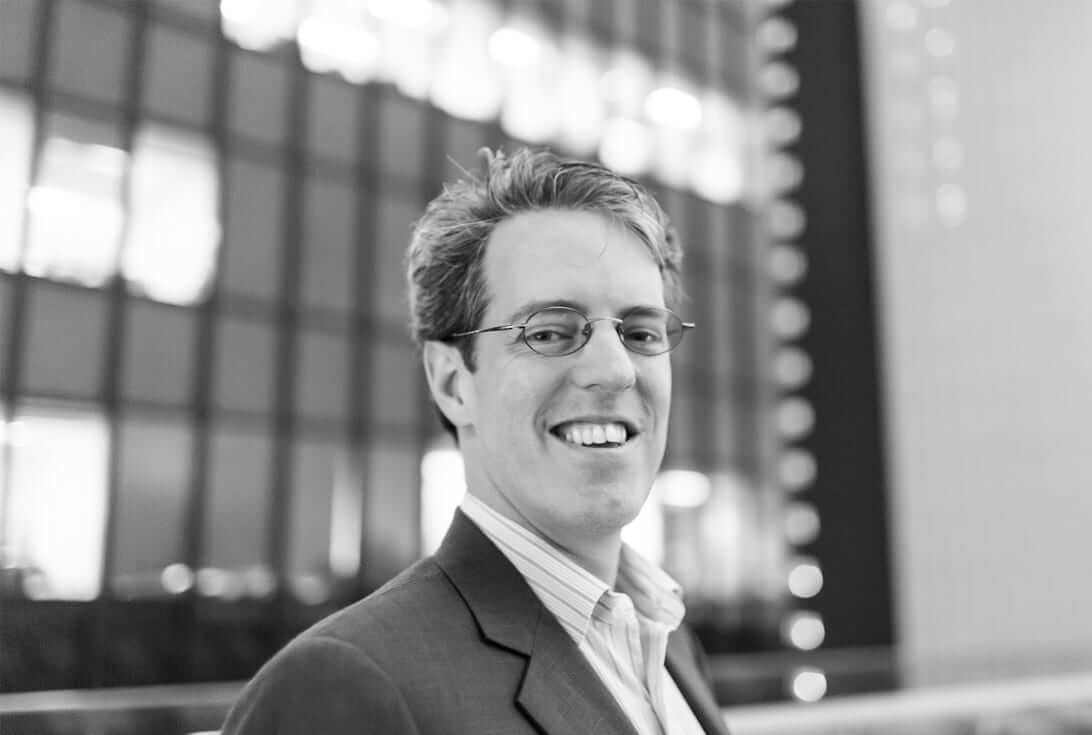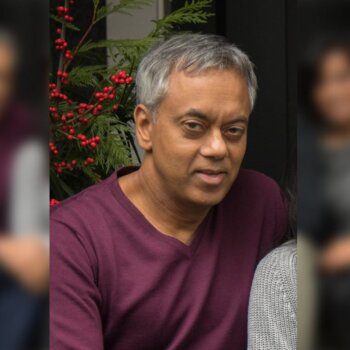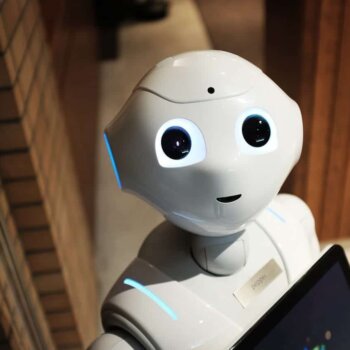Having founded a policy journal, worked for himself and now a leading strategist in a fintech business, Andrew Work is particularly interested in finding out more about modern fundraising namely crowdfunding, P2P lending and cryptocurrency adoption.
What’s your story?
A young man in love, I came to Hong Kong and went to work. Marriage and children followed. After seven years, I became a permanent resident (and thereby a voter) and my perspective of my role in Hong Kong changed. It is now home and I am committed to its future. I founded a free market think tank to promote and extend its free market character. Later, I jumped into politics and policy by founding a policy journal, Harbour Times. Recently, I’ve taken up a regional role as Head Content Strategist, Asia Pacific for NexChange while staying in the game of improving Hong Kong’s policy options for the future.
What is your involvement with Investment?
As the founder of a free market think tank and now heavily involved in the fintech sector through NexChange, I’ve been heavily involved in debates about the investment environment in Hong Kong. I’ve been involved in leading debates on issues like competition law and Hong Kong’s corporate tax structure. Of late, my interest has been in Hong Kong’s ability to remain free enough to adopt modern means of fundraising made possible by new ways of thinking, namely crowdfunding, P2P lending and cryptocurrency adoption.
How did that come about?
A passion for Hong Kong, its unique character and a drive to address core issues to change the world have driven me to actively work to address policy issues.
What are some of the key things you have learnt about Investing?
Investment decisions have a wide range of influences, but often it is about what direction people think the macro environment is headed in. Depending on how strong the people are in influencing government, investors will look to either people or leaders to determine how confident they are that an investment, always a risky business, will at least have a fair chance to fight to succeed.
A great business in a hostile environment has to work twice as hard and be twice as lucky to succeed. A business in a favourable – that is free and fair – environment at least has a fighting chance and investors can consider a business on its merits to assess its chance of success.
Investors have to believe the people ‘get it’ and will push their leaders to create an environment where creativity and wealth generations can thrive.
What mistakes do you see less experienced investors making?
Less experienced investors often fail to set clear objectives for their nature of their investment in writing, leading to strife with entrepreneurs later on when they change their minds about where they want the investment to go.
What mistakes do you see Entrepreneurs making?
Entrepreneurs make tons of mistakes – it’s part of the nature of being an entrepreneur. But the biggest mistake is to compound the other mistakes by not seeking help until it is too late. Entrepreneurs have to have confidence in themselves, but it can also be a weakness if they think they can do everything.
What’s the best piece of advice you ever received?
Take good advice when you get it and don’t be shy to ask for help when you see the first signs of trouble – not the last signs.
What advice would you give to those seeking funding?
Seek out those that have done it successfully before and enlist their aid. Nothing succeeds like success.
Who inspires you?
As a policy wonk, great thinkings in a tradition of economic freedom from Adam Smith to Friedrich Hayek to Vernon Smith. As business people, those who built their businesses in spite of government, not from securing monopolies or handouts from it. Technology entrepreneurs like the founders of Google are impressive, often creating ahead of the ability of the vast majority of people to understand what they see. Also, persistent small time business people who conduct themselves with honour and dignity, even if they never create huge businesses. They are the lifeblood of vibrant communities.
What have you just learnt recently that blew you away?
Pretty much everything I learn about quantum physics blows my mind. But it will need to be moved from the theoretical to practical soon to allow a vast array of other technologies, such as blockchain and AI, to realise their full potential and drive the next wave of human advancement.
What business book do you recommend the most?
I’ve never been one for business books. For a guide to life and how the world does work and how it should work, The Constitution of Liberty by Hayek can’t be beat.
Shameless plug for your business/organisation:
I move through phases where I run my own business and then work for others. Right now, the visionaries I’m working for at NexChange are teaching me tons – things I wish I had known years ago when running my own shop! I think they are going to do amazing things in the area of vertical enterprise social media and in the fintech space. I’m taking notes every day!
How can people connect with you?
Download the NexChange app or get me on LinkedIn. I don’t give out my mobile that often, but prefer to have some level of screening available. If you want to meet, have a reason. No one in Hong Kong has time to meet without purpose.
Social Media profiles?
LinkedIn, Facebook, Twitter @mrgandrewwork
—
This article is part of the World Business Angel Forum media partnership with AsianEntrepreneur.org
If you would like more information about WBAF, please contact Callum Laing WBAF High Commissioner for Singapore. [email protected]






























